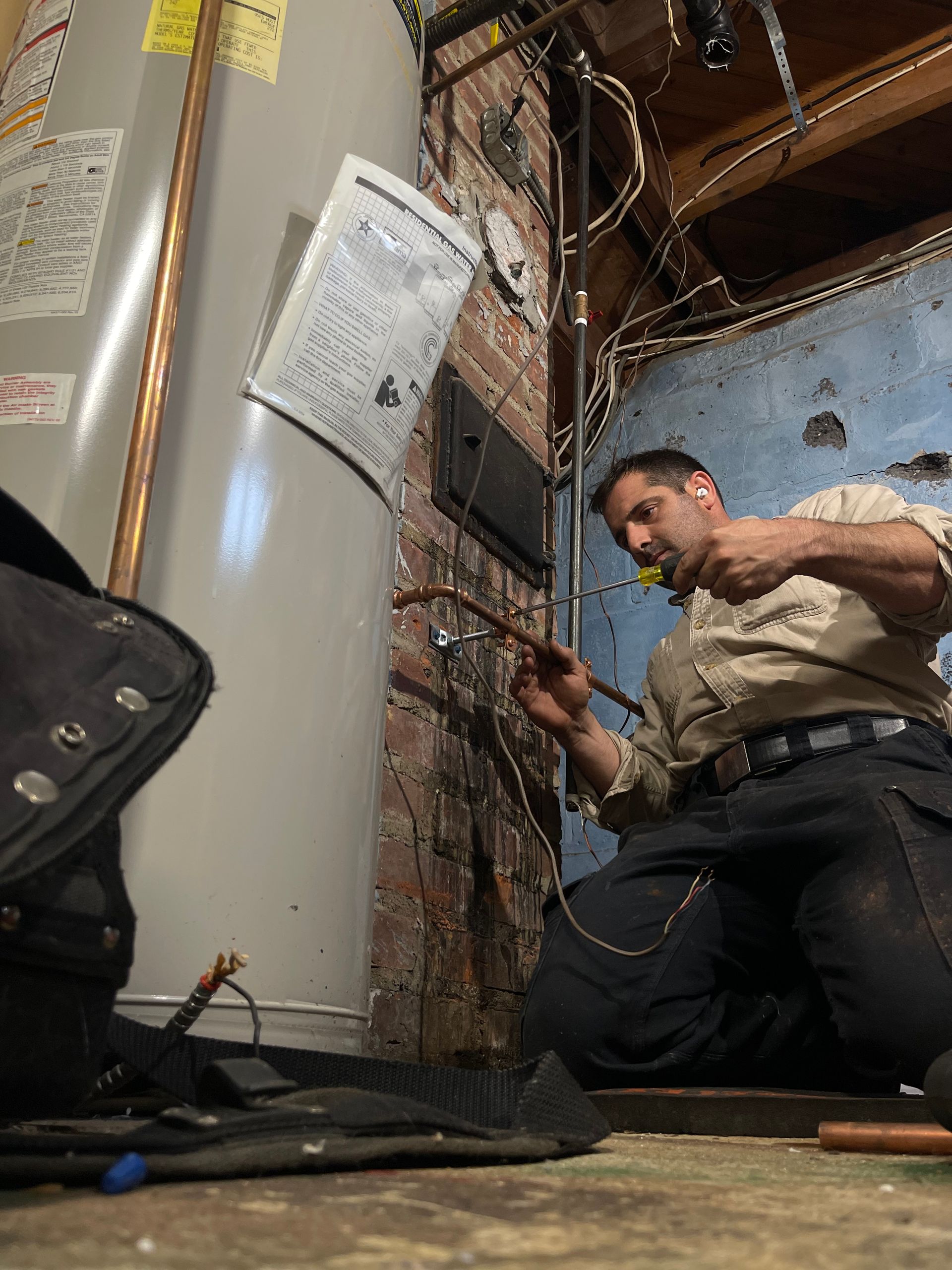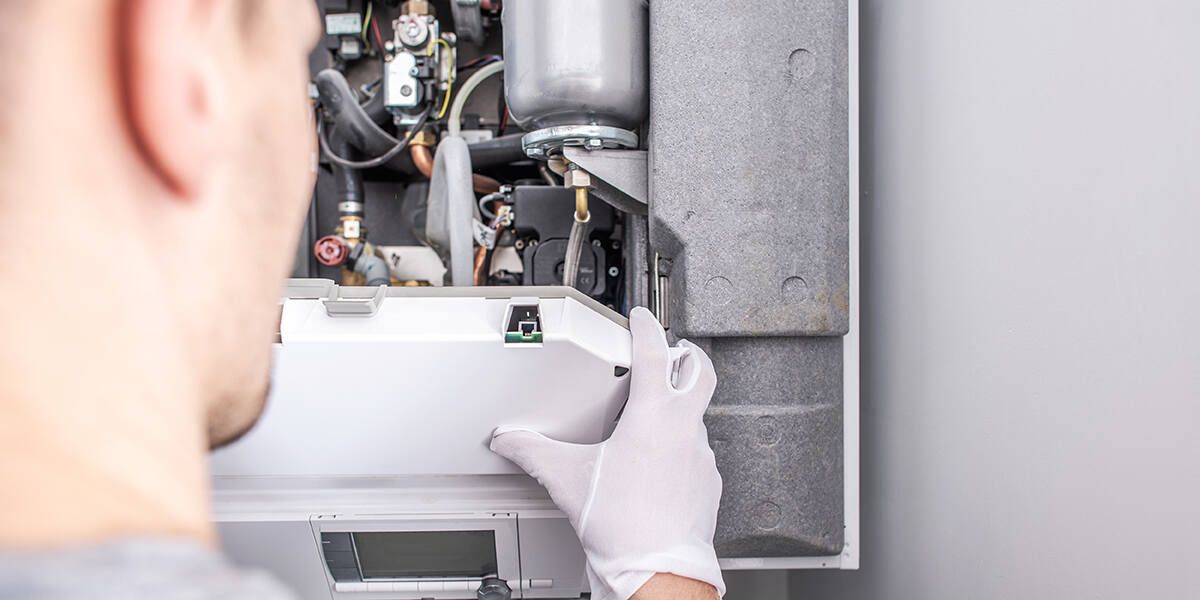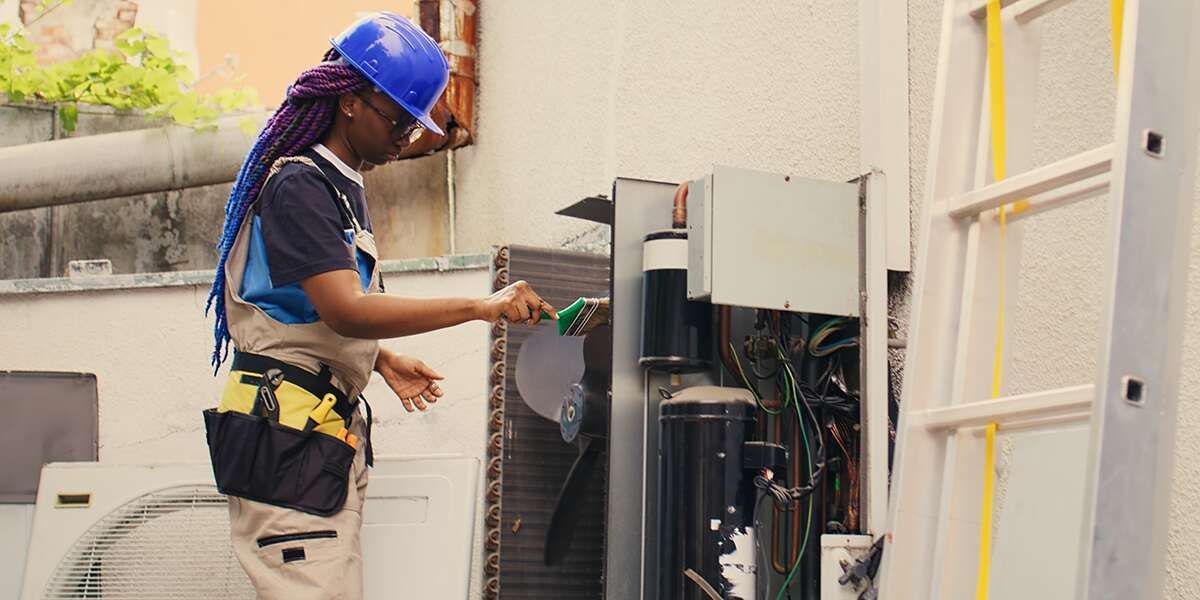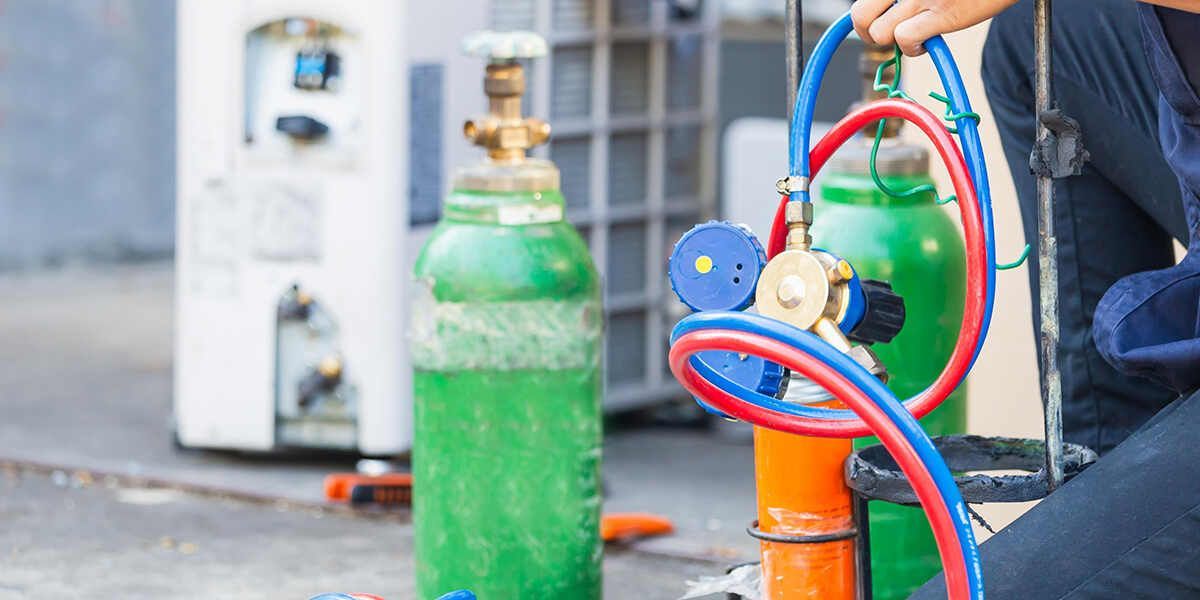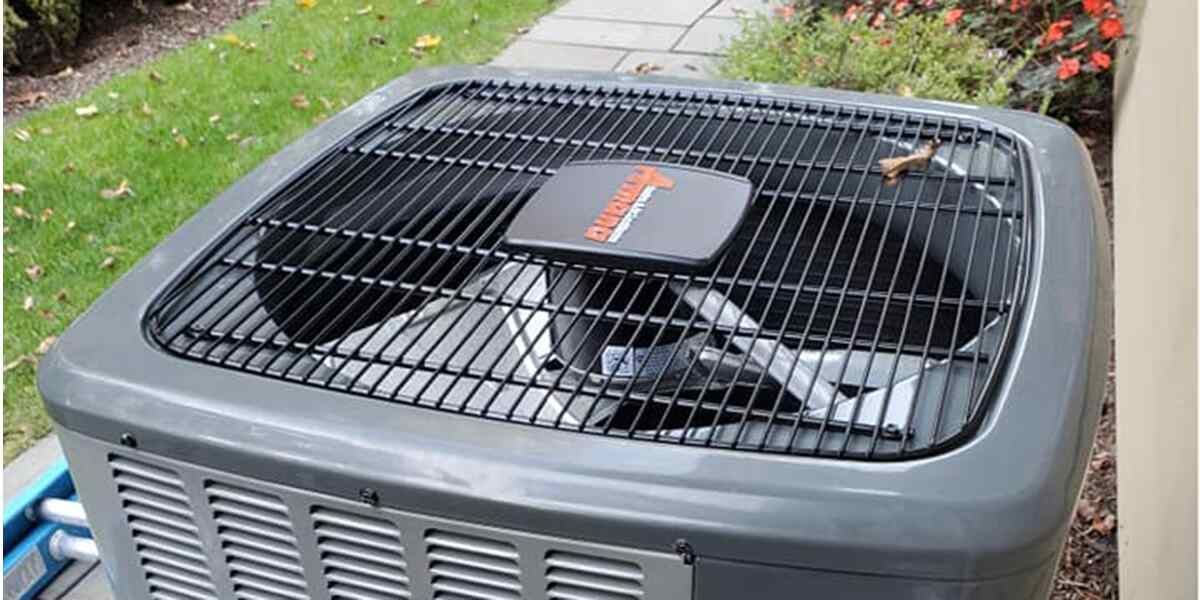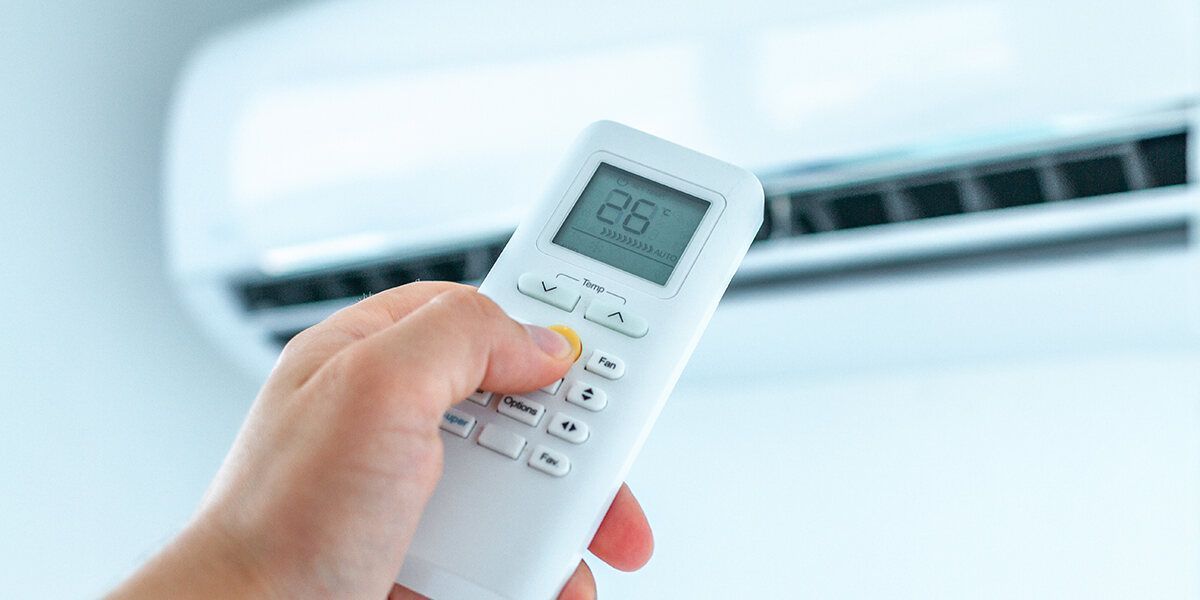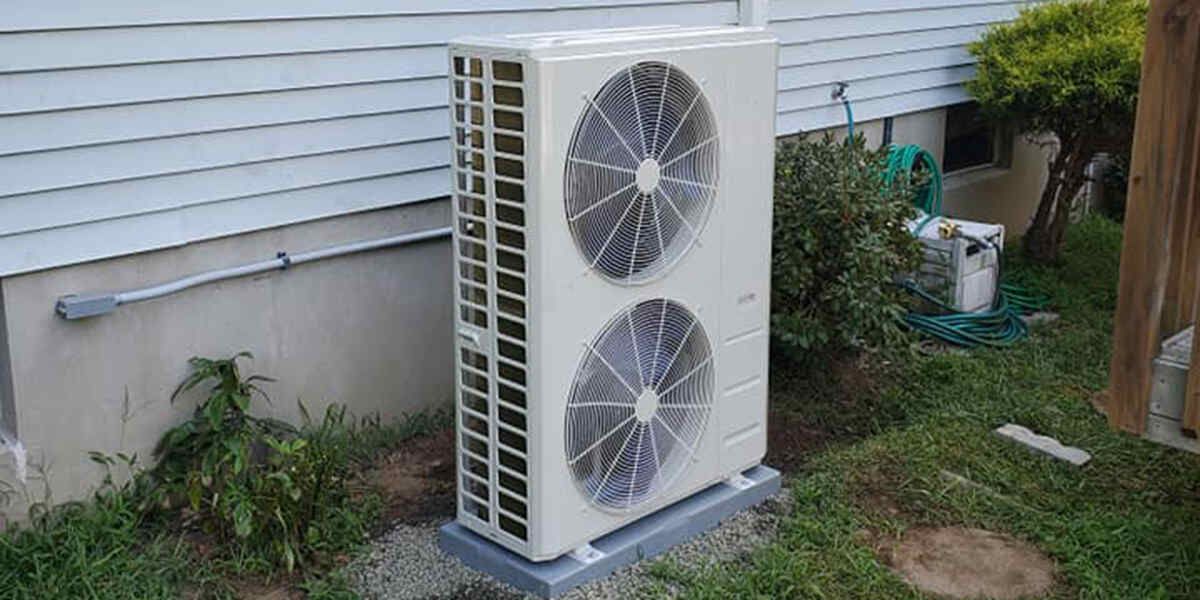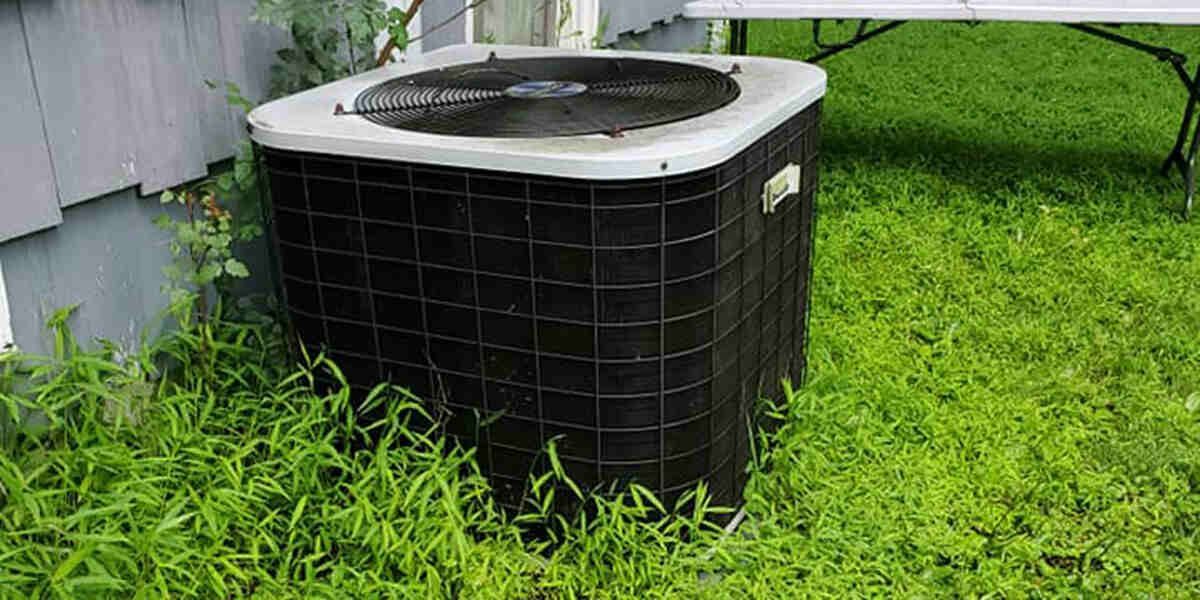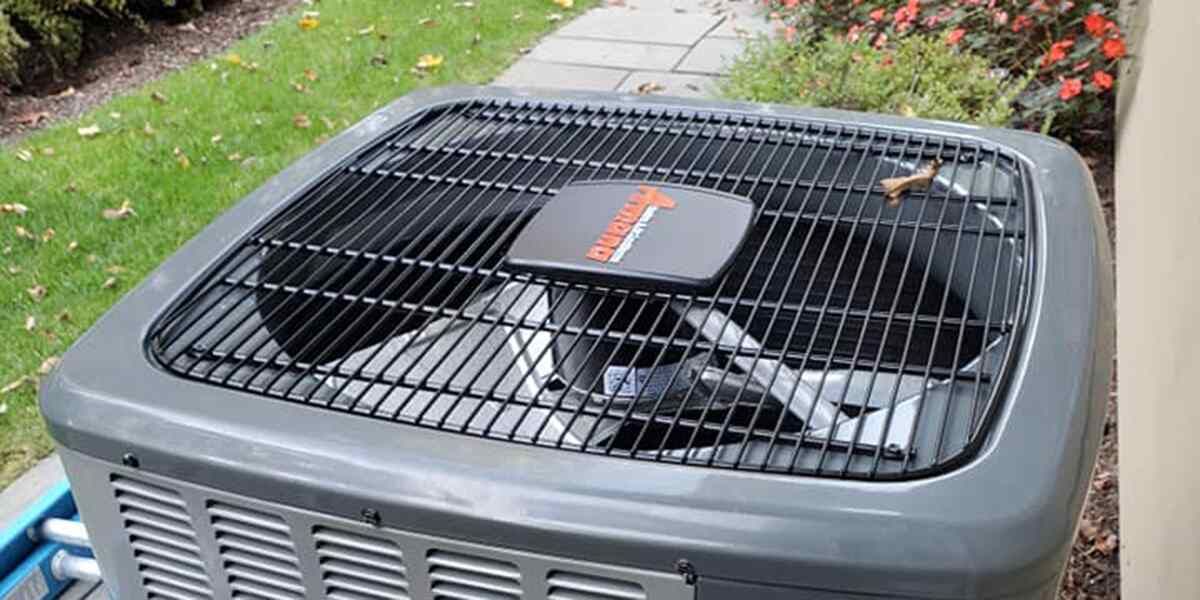What to Do During a Power Outage: Safety Tips
Comfort Specialists
Issues with the electrical grid, freezing temperatures, heatwaves, natural disasters, or a simple fallen tree can cause power interruptions. Though solutions like portable generators can power some of the electronics in your home, preparing and knowing what to do during a power outage can go a long way in keeping you and your family safe.
Preparing for a Power Outage
Power outages can sometimes last for days and disrupt essential services like water, communication, and transportation. Depending on their severity, they can impact everything from lighting and refrigeration to your home's heating and cooling.
With this in mind, it is essential to establish plans that will make it easier to know what to do during a power outage.
Create a Support Network
Reach out to people you feel will be able to help you stay safely at home or evacuate during extended power outages. Be sure to keep a list of their contact information handy.
Stock Up on Food and Water
Ensure that you store water supplies and non-perishable foods that can last at least two weeks. You can use ice and coolers to help extend food refrigeration. Remember to keep a thermometer in your cooler, fridge, or freezer to help you monitor the food’s temperature.
Establish a Backup Plan for Your Medical and Personal Electrical Needs
Consider alternatives for communication, lighting, cooking, and garage door openers. You should also consult with your medical device or primary care providers and establish a plan for your medical needs.
Stay Connected
Register for alert apps and systems to get text alerts during the power outage. Keep several communication devices that will work without power, such as a cell phone or battery-powered radio.
Plan How You Will Decide to Stay or Go
Establish how and when you will decide to evacuate to maintain essential needs like power-dependent medical devices.
What to Do During a Power Outage
The following are some of the essential things you should do during a power outage.
Prevent Fire Hazards and Power Overloads
Unplug all your electronics and appliances to prevent them from getting damaged during potential power surges. You should also turn off the utilities if local officials instruct you to or if you suspect any damage. To prevent fire hazards, avoid using candles — use flashlights.
Learning why your electrical outlet is sparking might help you determine underlying issues, overloads, and fire hazards.
Contact Your Support Network
Remember the support network we mentioned earlier? Get in touch with the people on your contact list and let them know you are okay. You should also notify them if or when you need any help.
Monitor Alerts
Check for any notifications or weather reports through your cell phone or battery-powered radio. Be sure to stay updated throughout the power outage.
Keep Food Fresh and Cold
Avoid opening your freezer and refrigerator to preserve cool temperatures longer. An unopened freezer will keep the food cold for about 48 hours if it is full. A refrigerator keeps temperatures cold for about four hours.
Remember to eat your perishable foods first. If necessary, use coolers with ice and, as always, when in doubt, throw it out. Avoid tasting food to check if it is safe because doing so might cause illness.
Additional Tips on Keeping Your Food Fresh
Keep the temperature in your refrigerator and freezer below 40 degrees Fahrenheit and 0 degrees Fahrenheit, respectively.
Freeze water containers beforehand for use in coolers.
If possible, stock up on block ice and dry ice.
Stock up on bottled water and non-perishable foods like boxed milk and canned goods.
Ensure Your Water Is Safe
In some cases, when your power goes out, the municipal water treatment center's power could also be out. If this happens, you might not have water during the outage. Consider stocking up by filling your bathtub.
For those living in homes with wells, power outages usually mean loss of water as well. To get your water back, connect your well pump to a generator to keep water flowing even during power outages. Some well systems can even support the inclusion of a manual pump that you can use without electricity.
Power outages in treatment plants can also cause your water to become unsafe. To be sure, check with your area’s local authorities for a boil alert.
Keep an Eye on Carbon Monoxide Poisoning
Avoid using an outdoor or gas stove to heat your home. If you are using a generator, ensure that you keep it outside your home in a ventilated area away from your windows. Doing so will help you prevent carbon monoxide poisoning.
Staying Warm
Are you worried about your home’s heat and what to do during a power outage? The first step to staying warm is covering your doors and windows with tape or blankets to slow down your home’s cooling process and to keep out drafts.
Since it is easier to keep one room warm, pick a “warming room” where you will spend most of your time until power returns. Choose one that is small and has the least number of windows.
Ensure that you keep everyone in this room because your body heat will help keep the room warm. If you have a tent, setting it up in the room can be an excellent way to stay warm because they are small, don’t take long to heat up, and are designed to trap your body heat.
Expert Electrical Services in Hunterdon County, NJ
Electricity isn’t often a big deal until your home is without it. Regardless of the cause, knowing what to do during a power outage is essential. One aspect of that is knowing who to call to attend to your electrical emergency.
Comfort Specialists is dedicated to providing you with a team of expert electricians who can help get your home’s electricity up and running as soon as possible. The best part is our team is available 24/7.
The next time you find yourself dealing with a power outage, get in touch with us for the professional, top-quality electrical services you desire and deserve. Call Comfort Specialists at
973-566-5871 and enjoy expert services from qualified
electricians in Hunterdon County, NJ.



